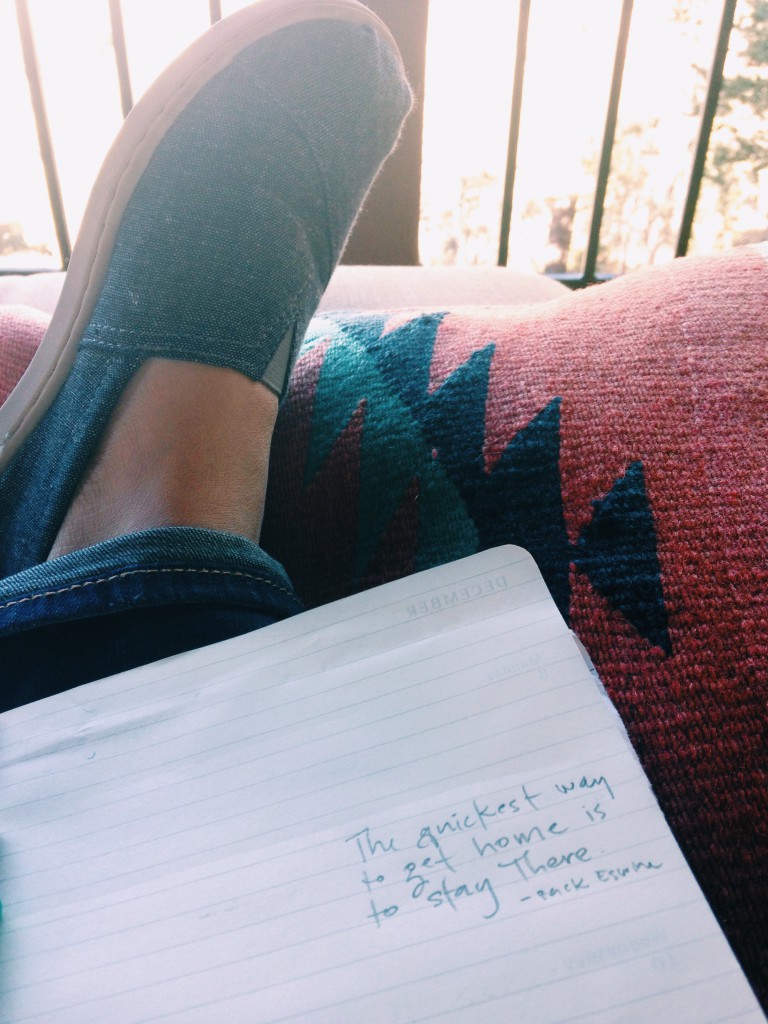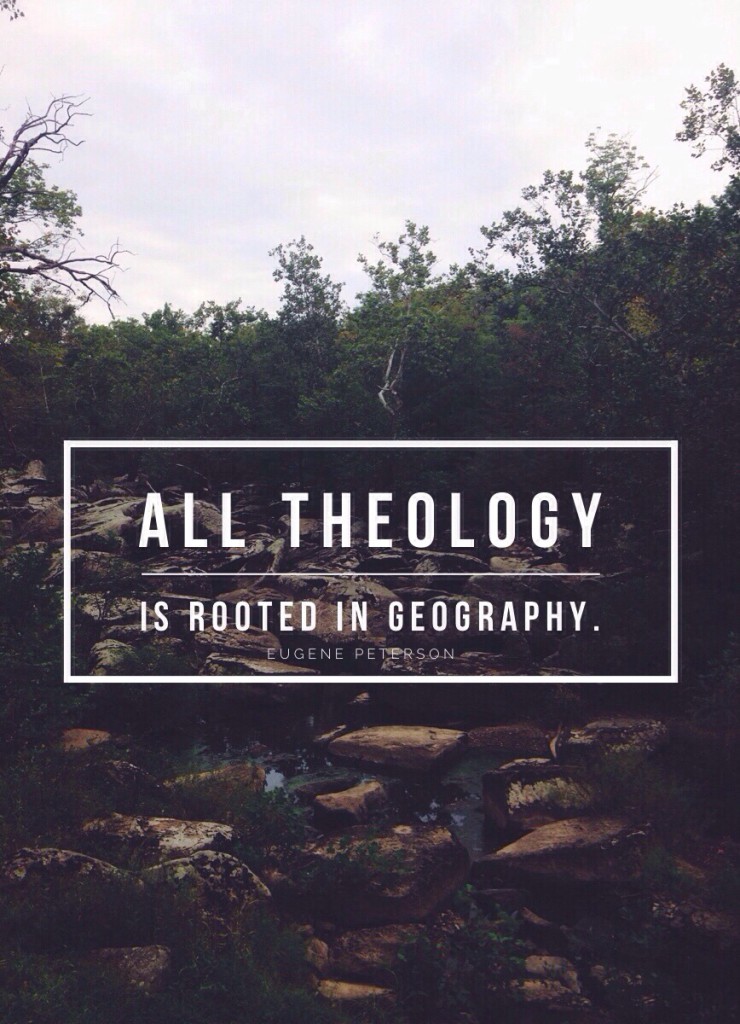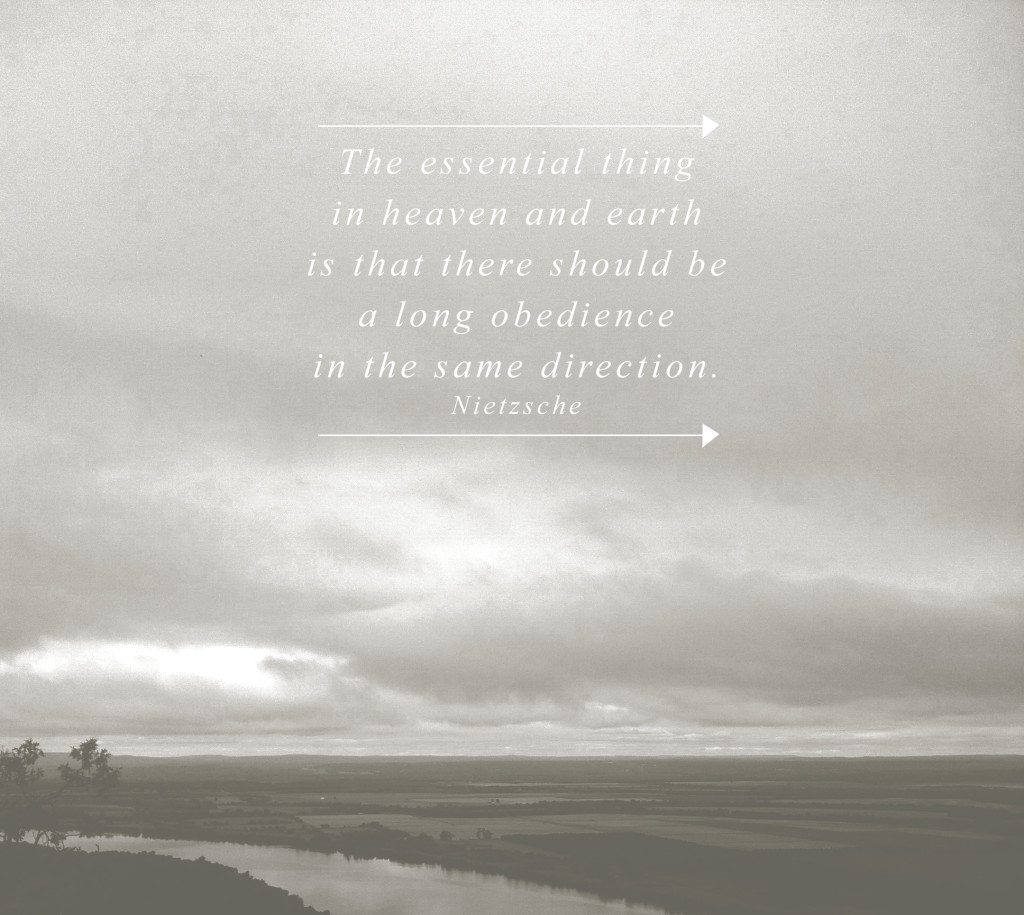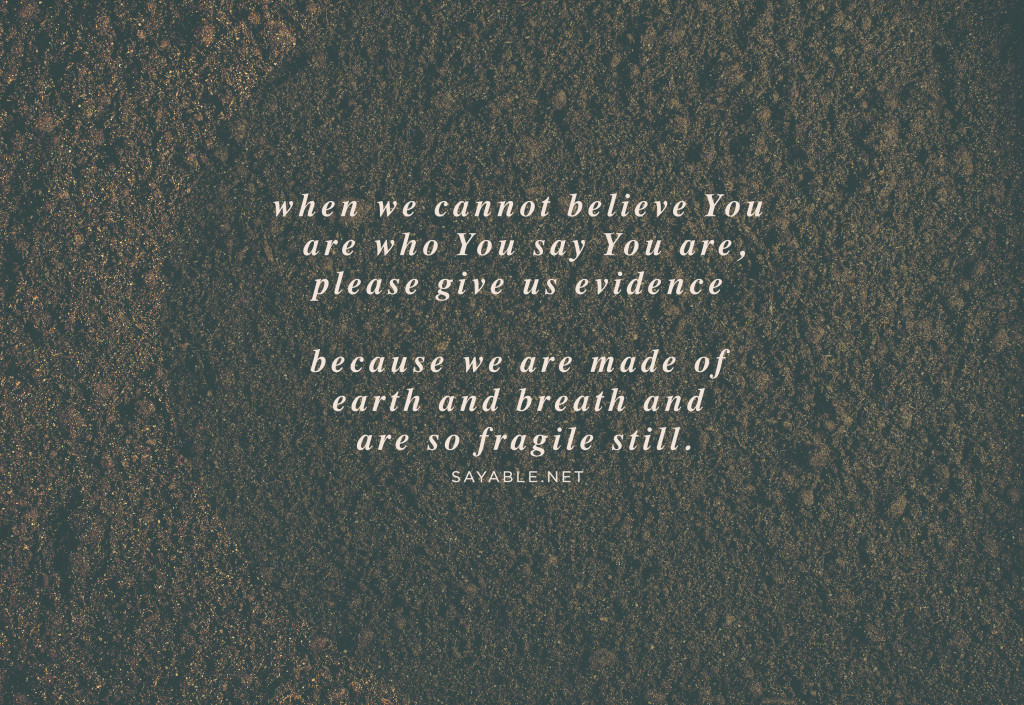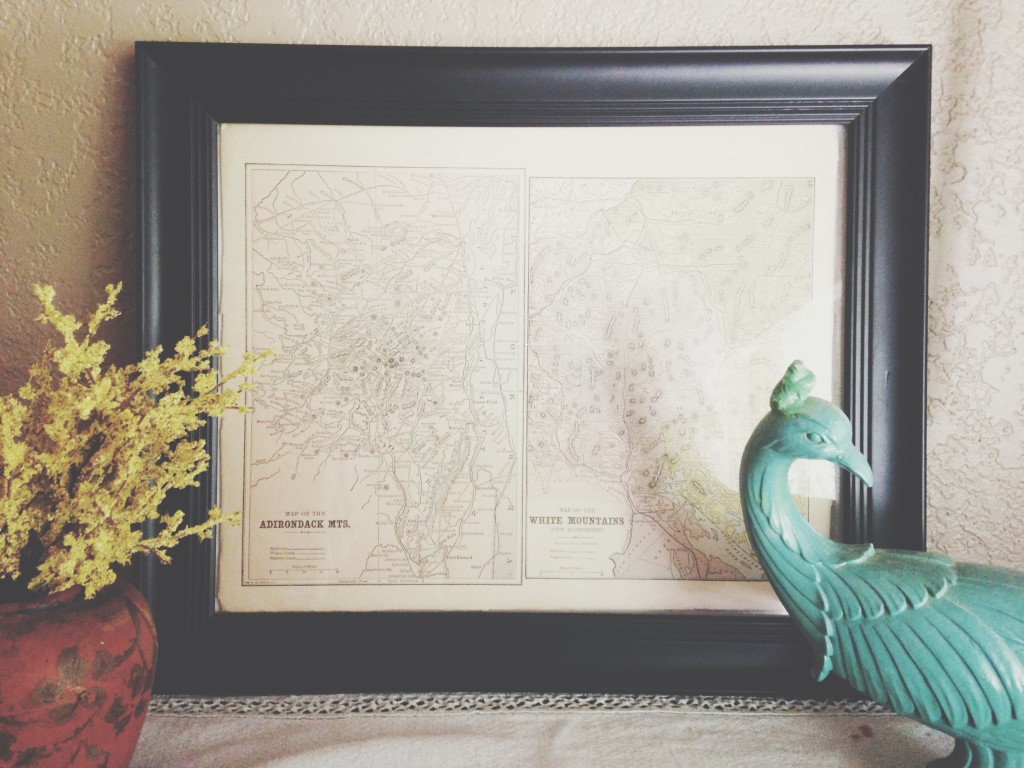Prenuptial Agreements and Leaving Texas
 We woke in the 2am hour to catch our early flight home from Denver. We are bleary-eyed and bloodshot and learning as we prepare to leave this place, we will leave tired. Finishing well is a common idea in Christianity, but not oft practiced well. Every day I see more I've dropped, more people I've failed, more relationships I know I cannot give my bests or second bests to as my time here ends. This is a humbling time.
We woke in the 2am hour to catch our early flight home from Denver. We are bleary-eyed and bloodshot and learning as we prepare to leave this place, we will leave tired. Finishing well is a common idea in Christianity, but not oft practiced well. Every day I see more I've dropped, more people I've failed, more relationships I know I cannot give my bests or second bests to as my time here ends. This is a humbling time.
I've been reading Eugene Peterson's The Contemplative Pastor. It's not my first time through and yet it's wrought with more meaning this time. Eugene is at his pastoral best as he teaches people to minister well—which means, sadly, some things do not end well. People are gifts but they are not presents. We cannot wrap them up with paper and bows and call them finished, not ever. This is a humbling realization for anyone in the work of people.
Faithfulness to the word of God and not an outcome is the mantra coursing through my being the past few months. I am an idealist and outcome is my operative word. I want to see a path and take it until a clearer path emerges. I do not fear the unknown, I fear the known. God's word is the clearest directive we have and yet I trip myself up on good ideas, three points, and a clear plan. It is the wrestle of my soul these days as I watch the sand slip through the hourglass and my time in Dallas-Fort Worth ending.
I just didn't expect to leave in media res. I didn't expect the unknown would be leaving here, not necessary forging to Denver. And I didn't expect to be so sad. So, so sad.
How do you be faithful when you know you're leaving? It feels like a spiritual prenuptial agreement. I've married myself to this place and these people and this church and leaving her feels like tearing myself in two.
One of the elders at the church where I will covenant next said to me yesterday: "It would be a problem if you weren't sad." And I know he's right. I just hadn't counted on being so sad about leaving Texas.
This isn't about much, I suppose, just some thoughts on a perfect overcast spring morning in Texas. I'm supposed to be writing a paper for school; I'm sitting in the coffeeshop I've sat in nearly every day for two years; I'm across the table from a man who loves and serves the Lord more than he loves and serves me, which is more than I thought possible; down the road from the local church who has discipled me in the richness of the gospel for five years; I'm known and loved here, and, which is more, I know and I love here. No matter how many balls I drop or relationships I inevitably fail—those things don't change. God did not bring me here to leave me here, but neither did he bring me here to leave me unchanged by here.
The sad, unfinishedness of this season is good, I think. It would be arrogant to think my exit would be without either, as though my presence here would demand a simple extraction plan. My heart has found a home here and it took far longer than I wanted or expected, but I'm grateful for the gift of it as I make my way to a new home.




